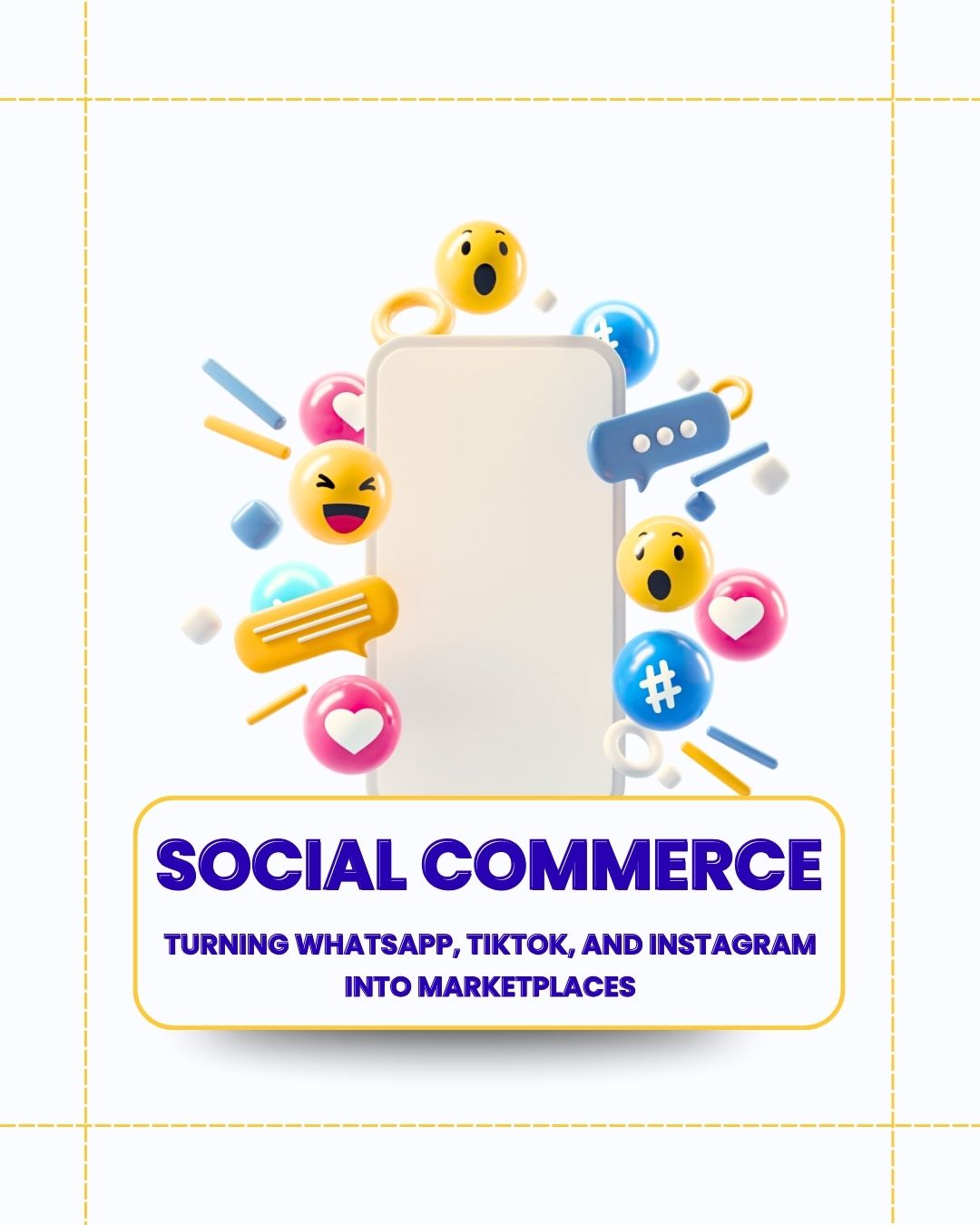
Social Commerce: Turning WhatsApp, TikTok, and Instagram into Dependable Marketplaces
In today’s fast-evolving digital economy, especially with Social Commerce on board, Nigerians are proving that you don’t need a physical shop to run a successful business.
Thanks to the explosive rise of social commerce, millions of people are transforming everyday social media platforms like WhatsApp, TikTok, and Instagram into vibrant online marketplaces.
With just a smartphone, an internet connection, and the right tools, entrepreneurs are reaching customers, showcasing products, and closing sales—all without stepping into a store or paying for a domain.
WhatsApp: The Digital Storefront for Informal Commerce
WhatsApp remains the undisputed king of informal commerce in Nigeria. It’s simple, accessible, and already in the hands of nearly every smartphone user.
For many small businesses and individual entrepreneurs, WhatsApp is more than just a messaging app—it’s their entire storefront.
A typical transaction starts when a seller uploads photos or short videos of their products as WhatsApp Status updates.
Interested buyers then respond via direct chat to ask about prices, availability, or shipping details. Deals are struck in the chat, and payments are confirmed using mobile fintech apps like OPay, Flutterwave, or Paystack.
But as of 2025, WhatsApp has gone a step further with tools that formalize and streamline this informal commerce system. New features in the WhatsApp Business app have made it easier than ever for sellers to look professional and stay organized. For example:
- WhatsApp Business Catalogs allow sellers to create organized, scrollable product lists directly within the app. Each item can include images, prices, and descriptions—just like an online store.
- Quick Reply Templates help sellers respond to common customer questions with one tap, improving efficiency and reducing response times.
- Click-to-Pay Links powered by Nigerian fintech giants like Flutterwave and Paystack enable customers to pay securely without leaving the chat. No need for bank transfers or sending screenshots—everything happens inside WhatsApp.
With these tools, WhatsApp has truly evolved from a messaging platform into a full-service marketplace. Entrepreneurs can manage the entire customer journey—from product discovery to order confirmation and payment—within a single conversation thread.
TikTok: Video Content as a Sales Engine
While WhatsApp dominates one-on-one commerce, TikTok is where Nigerian entrepreneurs go viral. Thanks to its short-form video format and algorithm-driven discovery, TikTok has become a powerful sales engine—especially for Gen Z and millennial sellers who know how to capture attention in seconds.
Entrepreneurs are using TikTok to create entertaining and informative content that doubles as product promotion. Whether it’s a beauty influencer showing off the results of her latest makeup kit or a mini-importer doing a live “unboxing sale” of trendy gadgets, these videos are driving both engagement and conversions.
Some popular use cases include:
- Makeup artists demonstrating their products in tutorials while dropping purchase links in the comments.
- Thrift vendors (aka “okrika sellers”) showcasing their latest hauls and letting buyers claim items in real time.
- Home-based bakers showing behind-the-scenes looks at cake-making processes, building trust with customers who later place orders via DM.
TikTok also supports tools like pinned comments and links where sellers can direct followers to product pages, payment forms, or WhatsApp chats for finalizing transactions. In many cases, entire sales conversations happen in the comment sections—creating a real-time blend of entertainment and commerce.
Social commerce on TikTok isn’t just about brand awareness anymore. It has become the entire sales funnel, compressing marketing, customer engagement, and sales into one seamless platform.
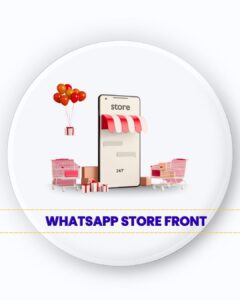
Social Commerce: Turning WhatsApp, TikTok, and Instagram into Marketplaces
Instagram and the Visual Marketplace
Instagram remains a strong player in Nigeria’s social commerce scene, especially for fashion, beauty, and lifestyle products. Sellers curate attractive feeds, create product reels, and use Stories to engage their audience. While Instagram Shopping tools are not fully supported in Nigeria the way they are in some other regions, entrepreneurs find creative workarounds.
Many use Instagram bio links to direct buyers to external payment tools like Selar or Paylink.ng, where transactions can be completed. DM-based ordering remains popular, and Stories often include interactive features like polls or questions to gather orders or feedback.
Visual consistency and branding matter a lot on Instagram, and many sellers go the extra mile to build aesthetically pleasing profiles that reflect professionalism—even without having an official e-commerce site.
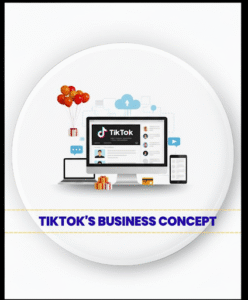
Social Commerce: Turning WhatsApp, TikTok, and Instagram into Marketplaces
Micro-Tools Empowering Solo Sellers
Not everyone has the technical skills or budget to build a website, and with social commerce, they don’t have to. A growing number of micro-tools now cater specifically to the needs of solo entrepreneurs and small businesses in Nigeria.
Some of the most popular include:
- Paylink.ng: Allows users to create a customized payment page for a product or service. Sellers can share the link anywhere and receive payments directly to their bank accounts.
- Selar: Especially useful for digital products, Selar allows users to sell ebooks, courses, or templates. It handles file delivery, customer data, and payments.
- Linktree for Business: Gives sellers one central link where they can organize all their product listings, payment links, and contact methods.
With these tools, a seller doesn’t need a domain name or a web developer. They can simply create a link, add it to their Instagram bio or TikTok profile, and start making money. Features like USSD payments, order tracking, and customer messaging are also integrated, bringing structure to the hustle.
The Future: Freedom and Flexibility
Social commerce has redefined entrepreneurship in Nigeria. It’s no longer about having the most capital, the best location, or even the most advanced tech stack. What matters now is creativity, consistency, and the ability to leverage tools already in your pocket.
From the hairdresser in Ibadan using WhatsApp Status to showcase her styles, to the 19-year-old in Abuja going viral on TikTok with thrift fashion, Nigerian sellers are embracing a new wave of digital empowerment. With social media platforms now doubling as storefronts, marketing tools, and payment processors, the barriers to entry for business have never been lower.
In 2025 and beyond, social commerce isn’t just a trend—it’s the future of retail in Nigeria.


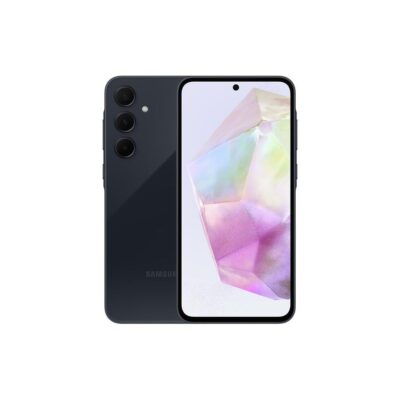
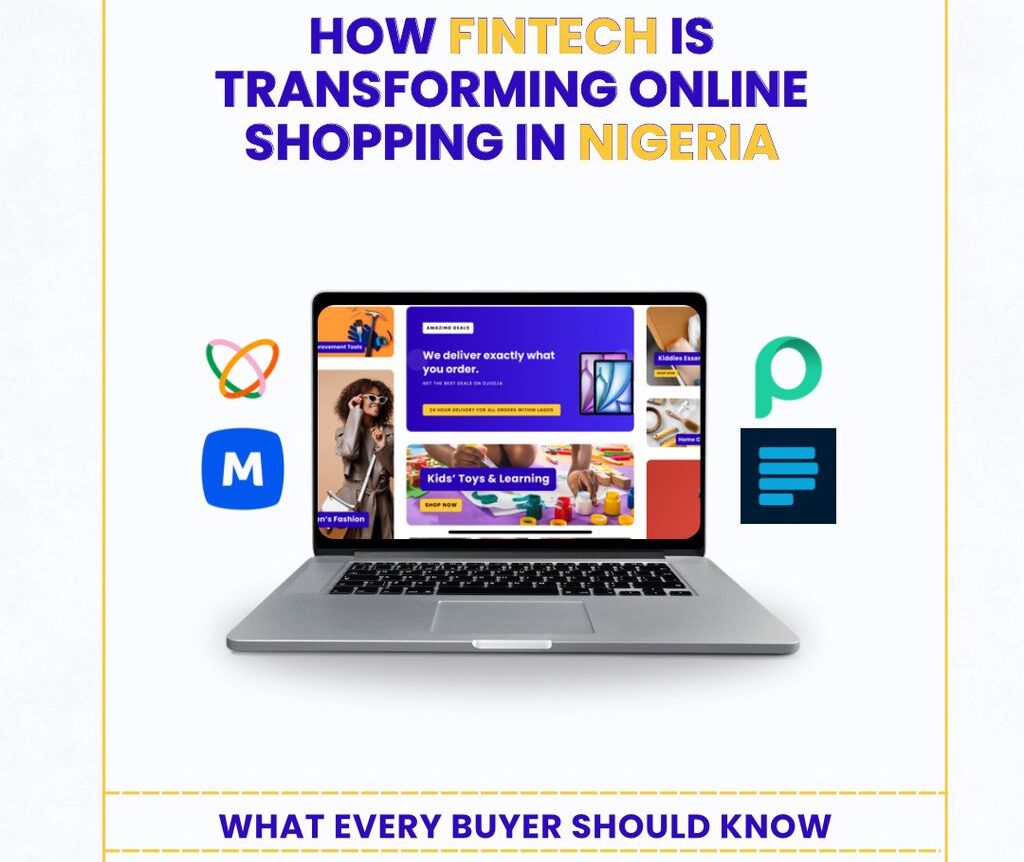
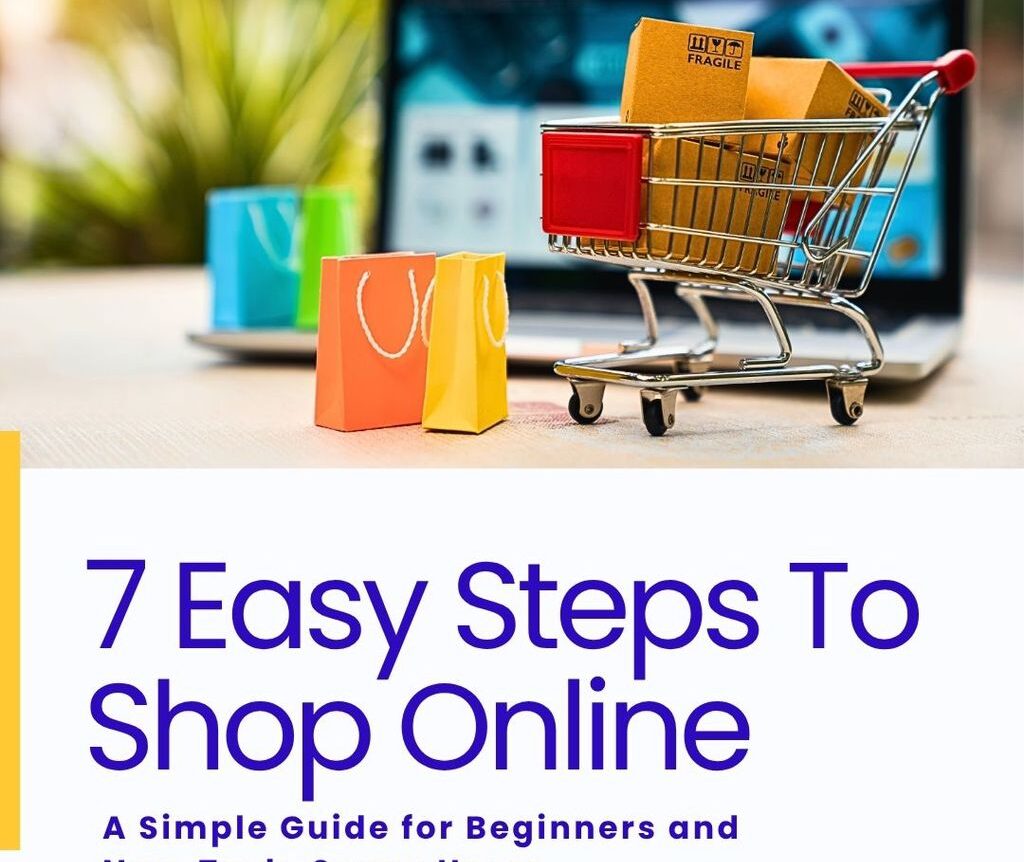
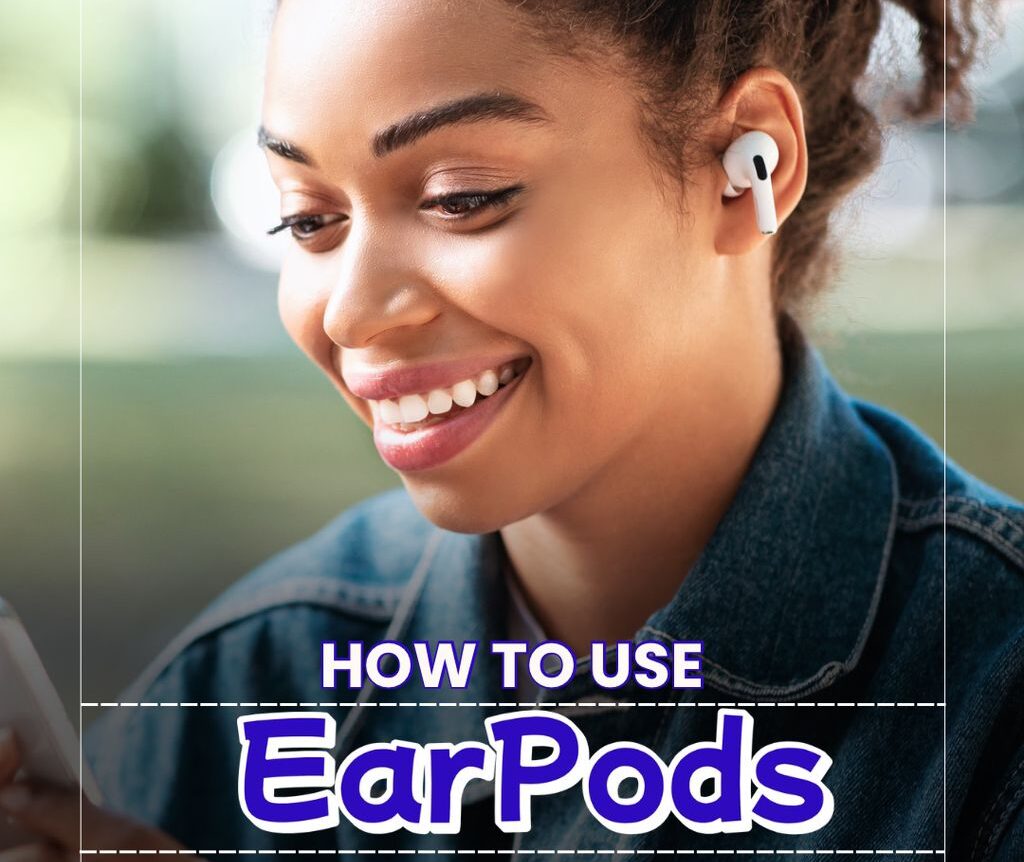


Leave a Comment
Your email address will not be published. Required fields are marked *